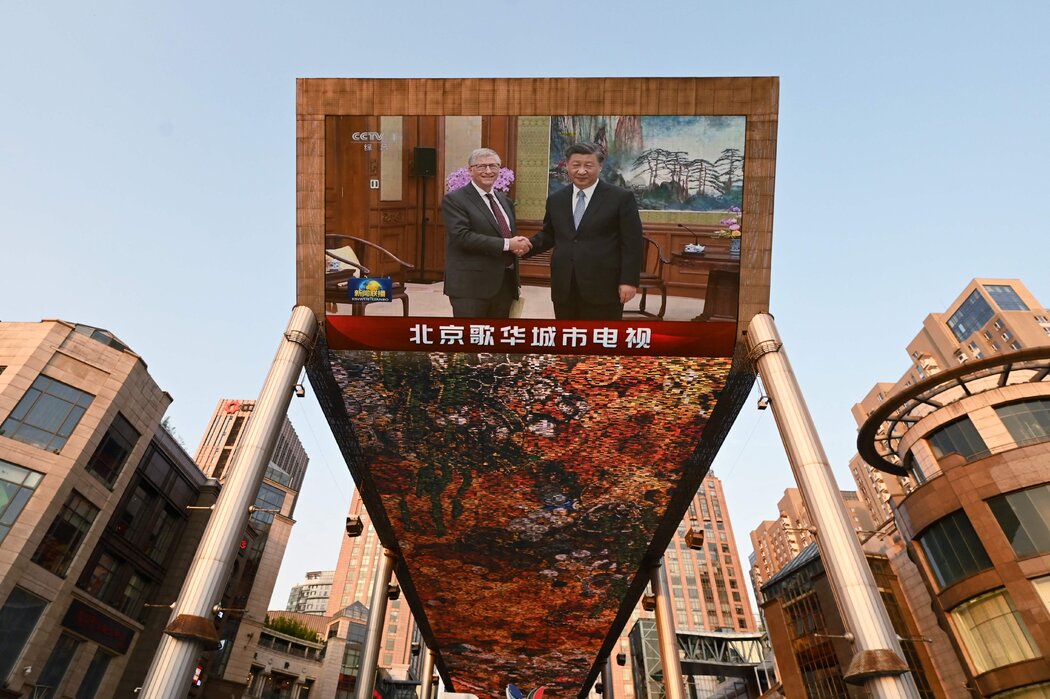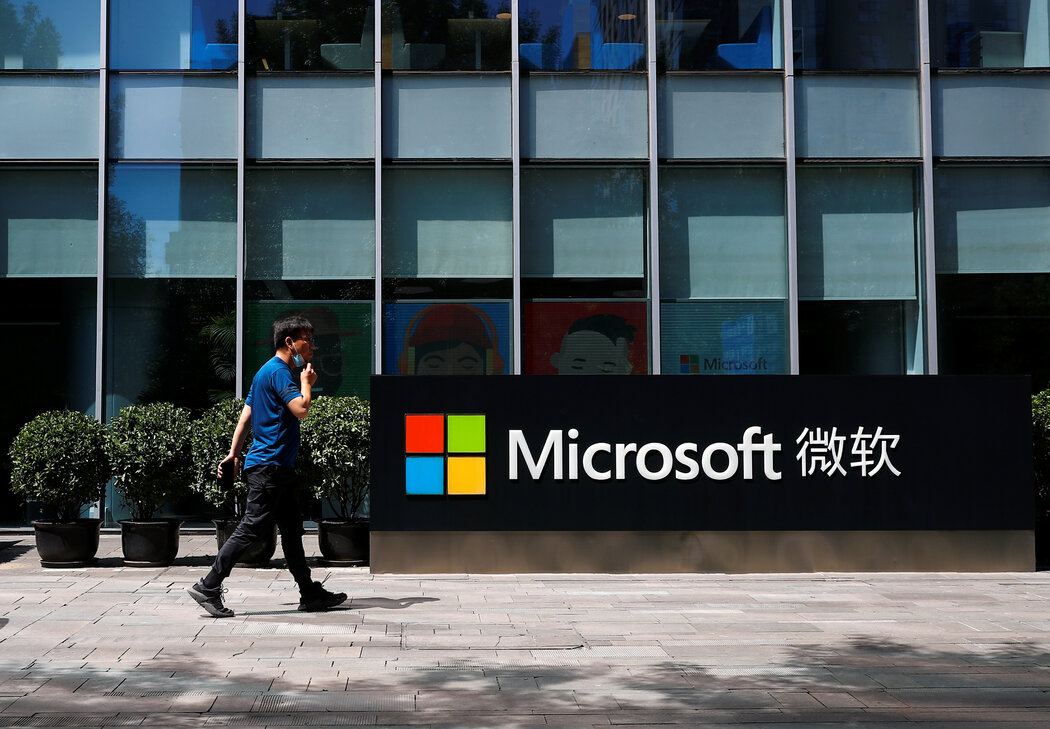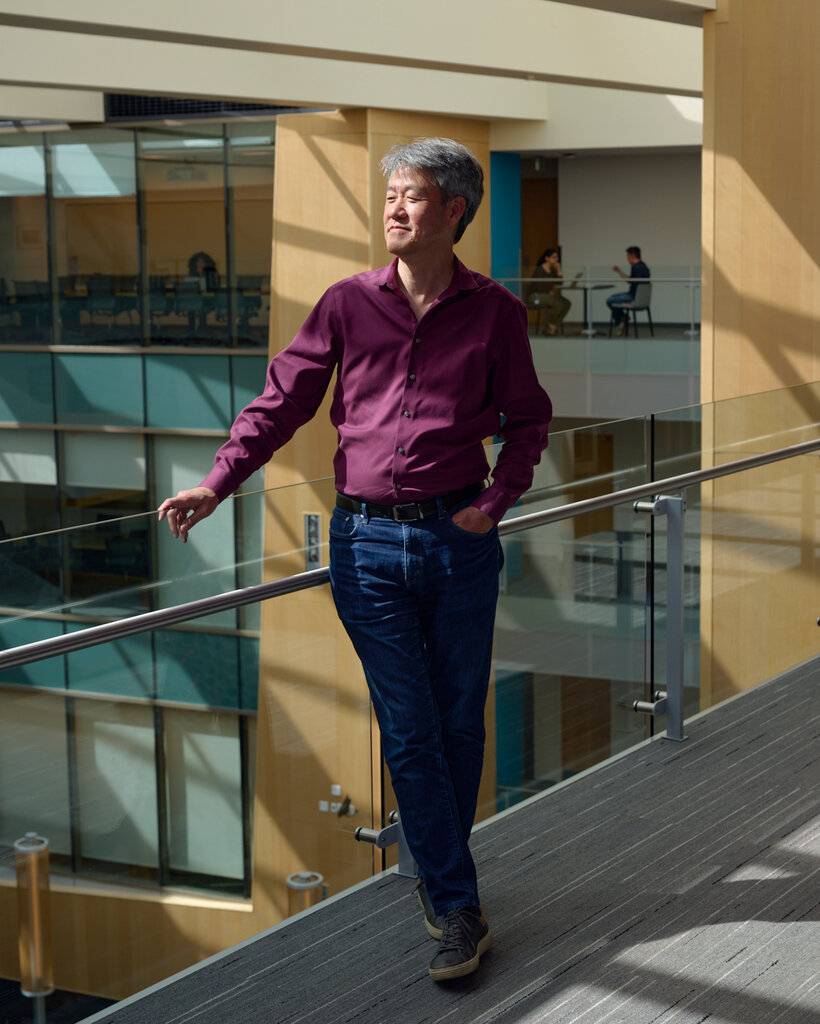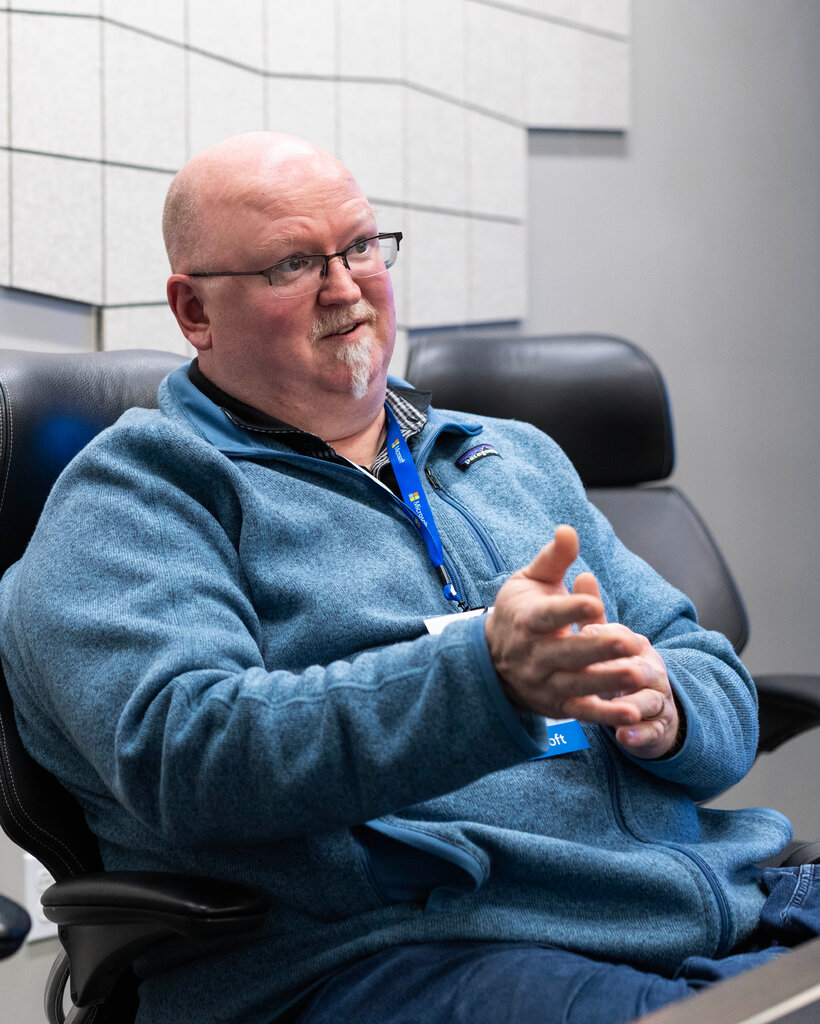
In 1998, Microsoft established an advanced research institute in Beijing, which is an era of optimism with technology and China.
Microsoft hired hundreds of researchers for it, which created Microsoft's work in voice, images and facial recognition, and later gave birth to artificial intelligence of online chat robots such as ChatGPT.This research institute in Beijing eventually became one of the most important artificial intelligence laboratories in the world.Microsoft's co -founder Bill Gates said that this is an opportunity to tap China's "Treasure Treasure of Intellectual Talent".
But the four current and former Microsoft employees said that as China and the United States have intensified the tensions on the future issues of world technology, at least in the past year, Microsoft's senior management, including CEO Satia Nad,Lahe President Brad Smith -has been discussing how to deal with this highly respected research institute.
People familiar with the matter said U.S. officials have questioned whether Microsoft maintains a 800 -person advanced technology research institute in China.Microsoft said it has set up a safety guardrail in the research institute to restrict researchers in political sensitivity.
Microsoft, headquartered in Redmond, Washington, said that it also set up a branch of the research institute in Vancouver, Columbia, British, and will transfer some researchers from China.Two people familiar with the matter said that if more researchers need to relocate, the branch is a spare facility.Four people familiar with the matter said that the idea of closing or transferring the research institute has emerged, but Microsoft's leadership supports the research institution in China.
"We are always committed to the world -class research of this research institute and the team," said Peter Lee, the person in charge of the Microsoft Research Institute in a statement.The research institute has eight research institutions worldwide.He also said, "We have not discussed or advocated to close the Microsoft Asian Institute, and we look forward to continuing our research agenda." The Microsoft Asian Research Institute is the official name of this research institution in Beijing.

Microsoft's debate is noticeable because in addition to Apple and Tesla, the company is one of the few large American technology companies in China.With the development of China's domestic technology industry and the intensification of geopolitical tensions in the United States, American companies such as Google have reduced business in China.Other American social media websites such as Facebook and X have been unavailable in China for many years.
Microsoft's Link British closed the professional social network in China in 2021, because the requirements for compliance are getting higher and higher.But Microsoft's search engine must have always been China's only foreign search engine.Microsoft also provides Chinese corporate customers with Windows operating systems, cloud computing and applications.
Five people familiar with the matter said that Microsoft has discussed the future of the institute for several years.With the rise of artificial intelligence and the intensification of hostile emotions in the United States and China, it has become the goal of national security concerns.People familiar with the matter said that the risk of assuming is that China may conduct hacking or penetration of the research institute or penetrate in other ways, or researchers leave Microsoft to join Chinese companies that work closely with the government.
Two people familiar with the matter said that the Biden government drafted a ban in the past two years to prohibit the United States from investing in new investment in companies developing sensitive technology in China, because Beijing may use these technologies to enhance its military strength.(The proposed rules released in August have not been finalized.)
In September this year, at a group committee of artificial intelligence, Senator asked Smith's relationship with China.He said that China accounts for 1.5%of Microsoft's sales, and its sales in the previous fiscal year were US $ 212 billion.
Microsoft faces "a tricky balance challenge", and the author of the chip war (Chip War), Chris Miller, said the book tells the development of the geopolitical history of science and technology."They have to consider where the political system will put trust."
The White House refused to comment.
Gates appointed artificial intelligence expert Li Kaifu, who was born in Taiwan, and established the Microsoft Research Institute in Beijing.(Li Kaifu later left Microsoft to join Google, and now runs a venture capital company.)
In 2015, Mr. Microsoft CEO Satia Nadella visited the headquarters of Microsoft in Radmond, Washington.POOL Photo by Ted S. Warren
The research institute brings together many top talents in different fields. They explore technologies such as voice recognition, computer vision and natural language understanding. This is the cornerstone of artificial intelligence development.Some researchers later held important positions in Chinese technology giants such as Alibaba, Baidu and Tencent, and some people helped create startups such as Kuapi Technology. Nagging Technology is a facial recognition technology company to help China create a huge national monitoring system.
Microsoft announced in 2018 that the company's R & D investment in China has invested more than $ 1 billion in the past ten years.The technical talents and innovation results of the Beijing Research Institute are the key internal motivation for Microsoft's continuous investment.
But the success and reputation of the research institute also attracted the attention of Washington. The White House increasingly restricted China's key technologies on the grounds of national security.
Microsoft's leadership has discussed how to cope with tensions.A person familiar with the matter said that Gates has been supporting the Beijing Research Institute for a long time, and he still maintains regular contact with the company's senior management and in favor of the global participation strategy.Last June, he visited China and said to him, "You are the first American friend I met in Beijing this year."
Microsoft technology and research leaders, including Peter Lee and Chief Technology Officer Kevin Scott, also supported the research institute, saying that he had achieved key technological breakthroughs.Smith also supports the research institute.

Peter Lee, head of Microsoft Research Institute, supports the operation of the Beijing Research Institute.Meron Tekie Menghistab for the New York Times

"The lesson of history is that only countries that learn from the world can succeed," Smith said in a statement."Safe fences are crucial, but participation is still indispensable."
Insiders say that Microsoft has restricted projects that Chinese researchers can engage in in recent years.They revealed that last fall, Microsoft did not allow Chinese researchers to join a small team that could use GPT-4 in advance. GPT-4 was an advanced artificial intelligence system developed by Microsoft partner Openai.
Microsoft said that the company also limited the research of the institute in quantum computing, facial recognition and synthetic media.At the same time, Microsoft has also announced that students and researchers from subordinate universities under the Chinese military cannot cooperate with them.
(The New York Times prosecuted Microsoft and Openai last month, accusing the training of its artificial intelligence system violated the copyright.)
TwoThose who understand the inside of the research institute said that in the branch of Vancouver, researchers can freely contact key technologies, including computing power and OpenAI system required for cutting -edge research.


